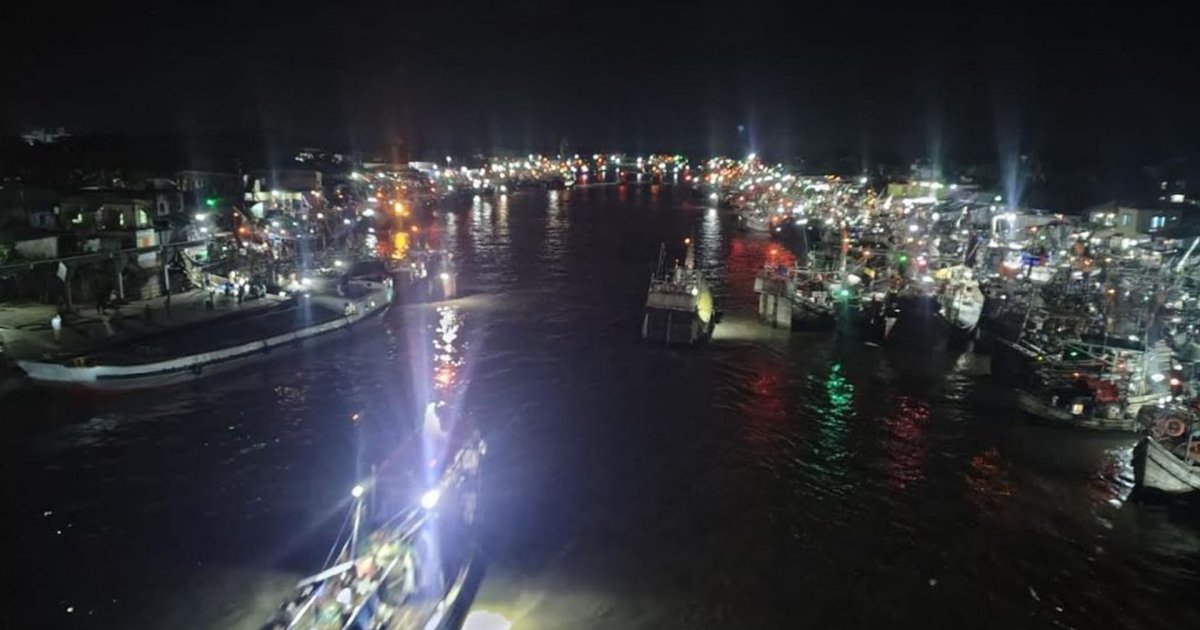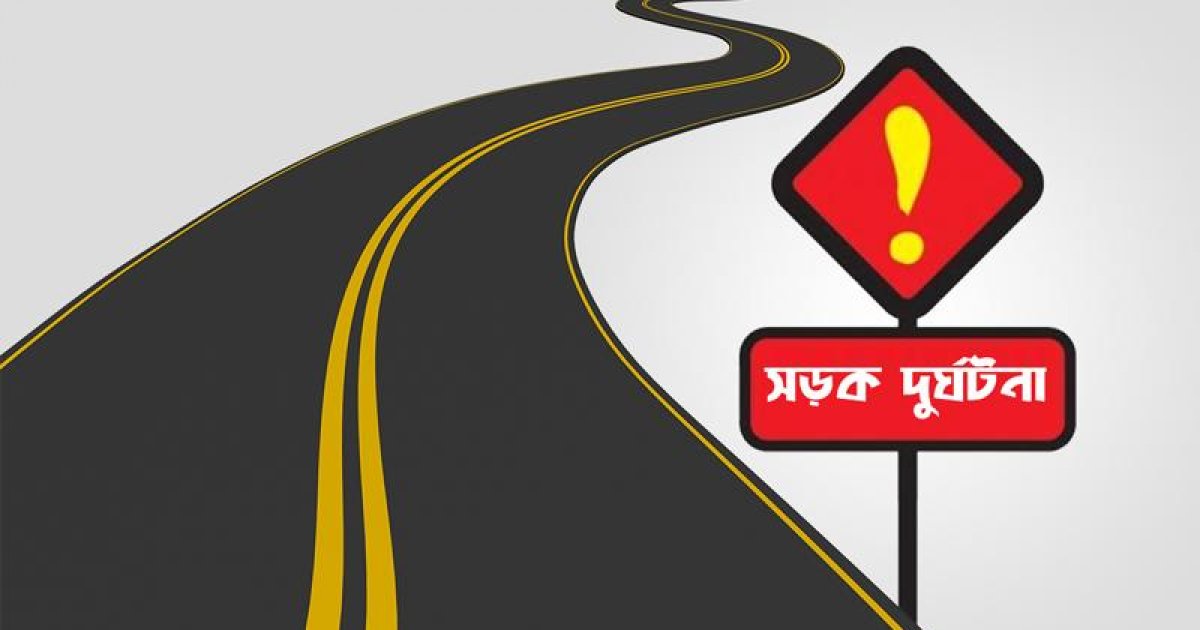Electrify Everything—and Have A Backup
The post Electrify Everything—and Have A Backup appeared on BitcoinEthereumNews.com. People get off a stopped high-speed AVE train near Cordoba on April 28, 2025, during a massive power … More cut affecting the entire Iberian peninsula and the south of France. (Photo by JAVIER SORIANO / AFP) (Photo by JAVIER SORIANO/AFP via Getty Images) AFP via Getty Images When the lights went out across large swaths of the Iberian Peninsula this week, the effects were swift and strange. Guests at high-end hotels couldn’t get into their rooms—not because the staff had vanished, but because the keycards didn’t work. In hostels, where old-fashioned brass keys still hang behind the front desk, the night went on more or less as usual. Toilets in some places refused to flush, kitchens in others went cold. No warm food, no coffee. A true European tragedy. Yet those with gas stovetops were still able to serve up hot meals. “We had no internet for most of the day. Power came back at around 9 pm in Madrid. Everyone was out on the streets, listening to battery-powered radios!” said Kelly Delaney, an energy expert vacationing in Spain at the time. “Hotels couldn’t check us in with no computers and no way to set up electronic key cards, and we had to scramble and find a hostel that used traditional keys. I have never thought about keys. Maybe some things should not be linked to electricity.” As the blackout dragged on for hours, Spaniards did what Spaniards do: they took to the streets. There was music, there were impromptu fiestas. In a country with a long tradition of resilience, the spirit stayed high even as the grid stayed down. But this event offers a glimpse into a larger truth: running the grid of the future—especially one powered increasingly by renewable energy—is not going to be seamless. There will…

The post Electrify Everything—and Have A Backup appeared on BitcoinEthereumNews.com.
People get off a stopped high-speed AVE train near Cordoba on April 28, 2025, during a massive power … More cut affecting the entire Iberian peninsula and the south of France. (Photo by JAVIER SORIANO / AFP) (Photo by JAVIER SORIANO/AFP via Getty Images) AFP via Getty Images When the lights went out across large swaths of the Iberian Peninsula this week, the effects were swift and strange. Guests at high-end hotels couldn’t get into their rooms—not because the staff had vanished, but because the keycards didn’t work. In hostels, where old-fashioned brass keys still hang behind the front desk, the night went on more or less as usual. Toilets in some places refused to flush, kitchens in others went cold. No warm food, no coffee. A true European tragedy. Yet those with gas stovetops were still able to serve up hot meals. “We had no internet for most of the day. Power came back at around 9 pm in Madrid. Everyone was out on the streets, listening to battery-powered radios!” said Kelly Delaney, an energy expert vacationing in Spain at the time. “Hotels couldn’t check us in with no computers and no way to set up electronic key cards, and we had to scramble and find a hostel that used traditional keys. I have never thought about keys. Maybe some things should not be linked to electricity.” As the blackout dragged on for hours, Spaniards did what Spaniards do: they took to the streets. There was music, there were impromptu fiestas. In a country with a long tradition of resilience, the spirit stayed high even as the grid stayed down. But this event offers a glimpse into a larger truth: running the grid of the future—especially one powered increasingly by renewable energy—is not going to be seamless. There will…
What's Your Reaction?






































